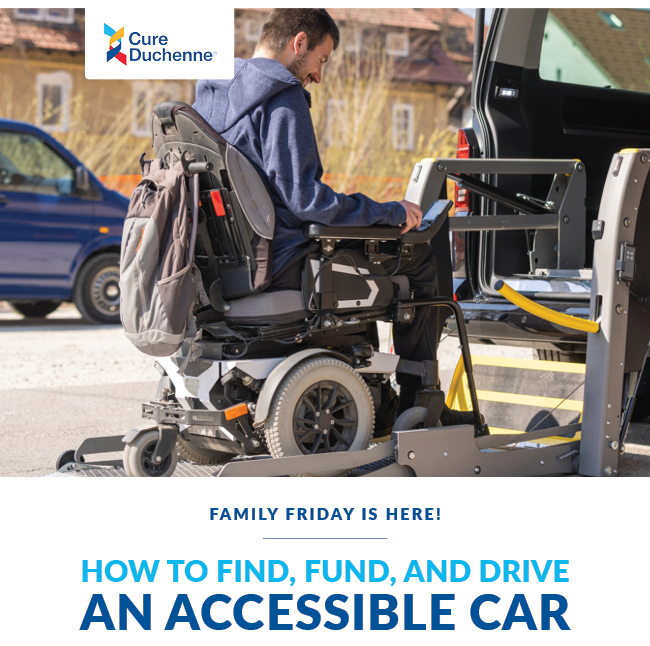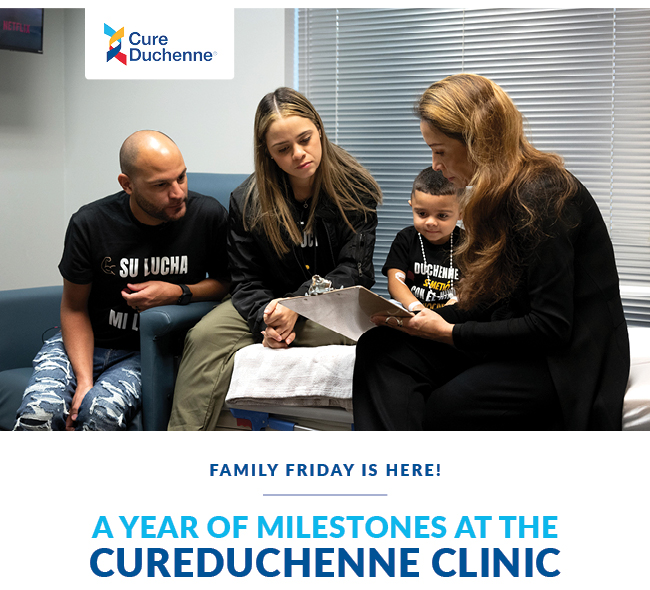Tips for Success in the Workplace with Duchenne
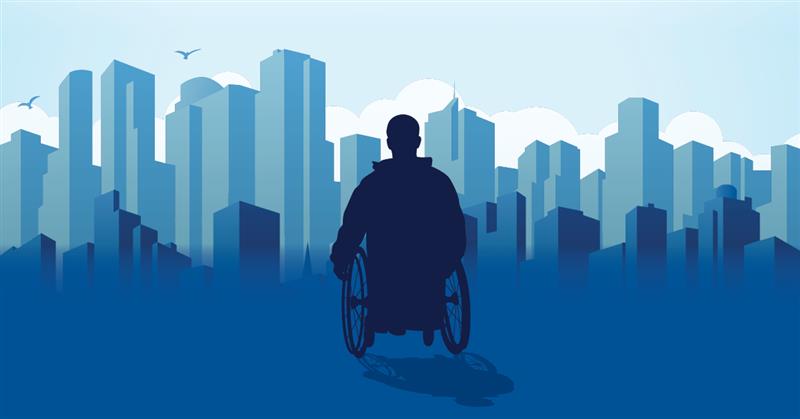
As people with Duchenne muscular dystrophy, start to live longer, graduate college, and enter the job market, they’ll find new hurdles and challenges to overcome.
Advocating for personal needs, clear communication with employers, and robust networking are key strategies for navigating the workplace, especially for individuals with Duchenne who have successful careers.
Ryan Russell, 41, lives in the small town of Safford, AZ, where he works as a life coach. He’s created his own LLC for his business, which also includes writing and consulting for nonprofits.
Russell tends to take the road less traveled and avoids the status quo. That’s been the way he’s approached his 20-year career spanning car dealerships, schools, and public service.
“I’m a little rebellious,” he said.
Network in person
Russell said the best way to get a job is to talk face-to-face with those who could hire you and ask your connections if they know of any opportunities.
“You’ll be working with most of the same co-workers for years and it’s necessary for you to know them and others in the organization for each of you to be most successful,” said Alan Chaulet, a 33-year-old with Duchenne who works for advocacy organization All Wheels Up. “It’s so important to help others and ask for help yourself and you’ll be as successful as possible. The relationships you make will become a huge part of your career.”
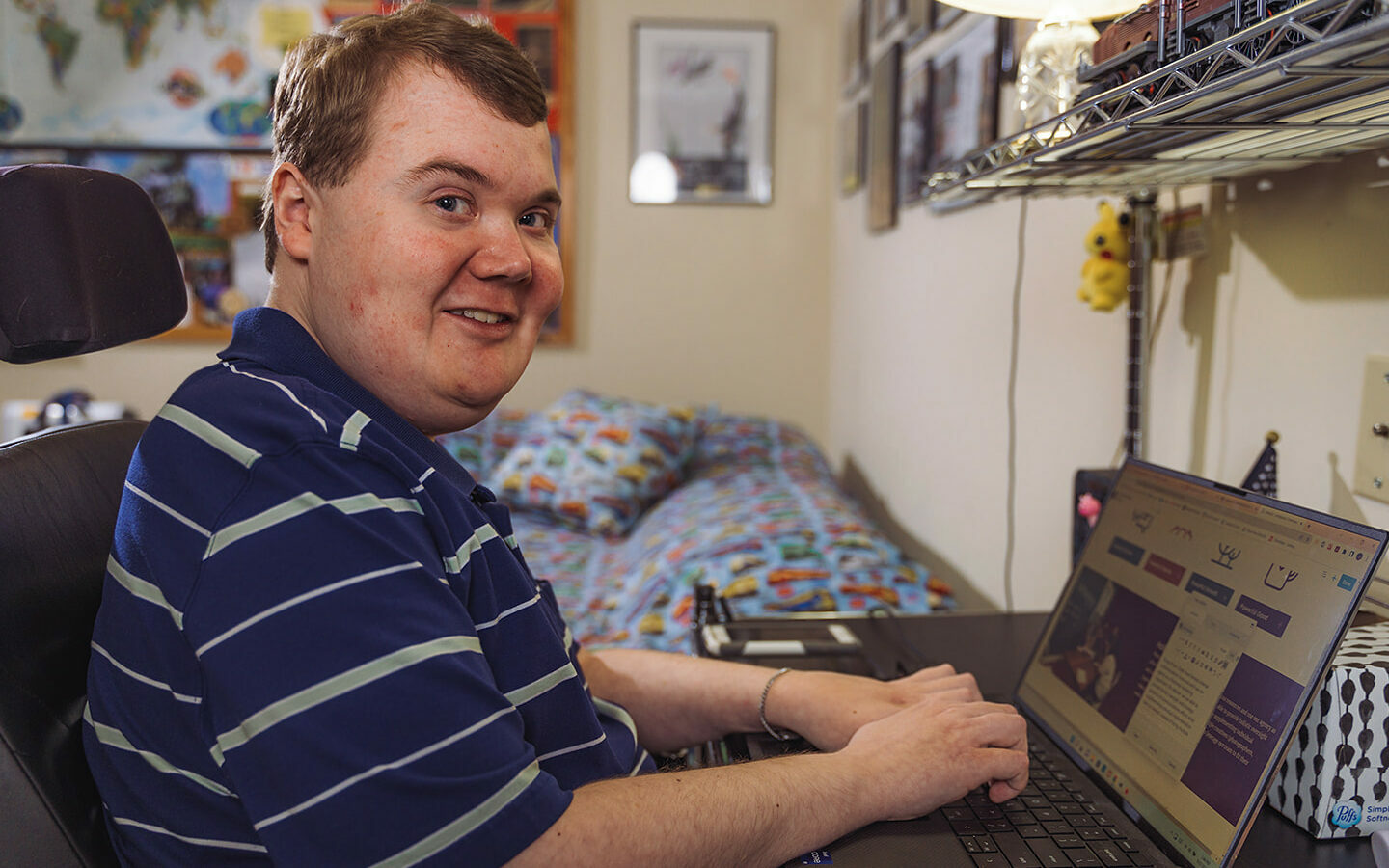
He suggests you heavily rely on LinkedIn to find those connections. Job sites such as Ability Jobs, Disabled Person, and Getting Hired are also good places to start if you’re looking for a position that best fits your experience and abilities.
Some people find their jobs via word-of-mouth. That was the case for Colin Werth, 28, who works as an IT specialist for a small business in Virginia and also has Duchenne. Putting yourself out there will help with the job seeking process, Werth said.
“You have to make sure you are being noticed not hiding off in the sidelines hoping someone will drag you in,” Werth said.
It’s also worth noting that your first job won’t necessarily be your dream job and any experience is a good experience.
“You have to do what you don’t really like to the job that you want,” Russell said. “Sometimes, the job you didn’t think you want is the job you actually wanted.”
Advocate for the right accommodations
Russell eventually had to leave a job coaching position at his local high school because he was continually getting sick. During that time, however, Russell had no issues with accommodations – the desk was adjusted so he could reach the keyboard and the school drove him in one of its vans. The only challenge came when he got his new wheelchair which was significantly higher than the old one. Everything had to be readjusted. He recommends others ask for measurements of the new wheelchair to ensure proper changes are made.
Because his primary job is with small business, Werth said it has been quite accommodating and he can work from home and adjust his schedule for any doctor appointments and other medical needs. That way he doesn’t have to rely on his parents to drive him to and from an office.
While he hasn’t yet had to rely on accessible tools, such as eye-gaze technology, using work-from-home tools like Zoom have made his working life a lot easier.
Reveal your disability early
Russell’s revealed his disability right away because he met the superintendent in-person to find a job that would best suit him. It can be helpful to include early-on because some companies need to meet quotas for hiring those with a disability. He also added that even if a job is not remote, it’s still worth applying. In this day and age, more employers are open to remote work.
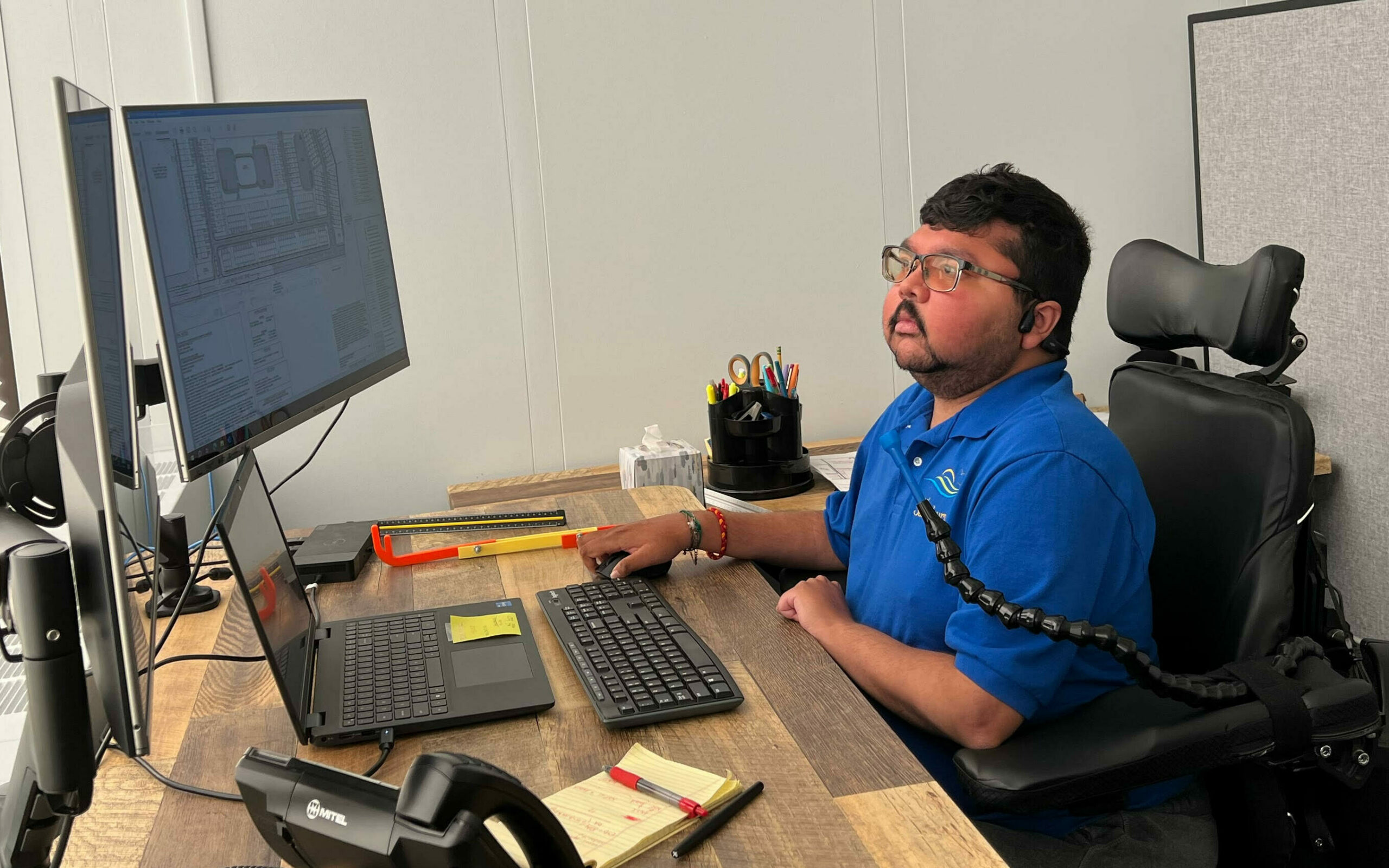
That’s something that Adith Thummalapalli, 25, an engineer for the city Salisbury, Maryland, agrees with. Your disability is going to come up at some point, so it’s better the be up front about it. Revealing it early also gives the company time to prepare.
“These days if you can prove you are a hard worker and you care about your job most employers would be willing to go a little above and beyond and get the things you need to be successful if you are a hard worker,” Thummalapalli said.
So when Thummalapalli took his first job out of college in Wisconsin, at the healthcare technology company Epic, he barely had to ask for any accommodations. He received a larger office, an ADA bathroom, and an adjustable desk. After the first week, he had to ask for a laptop that was lighter and easier to open.
Know your worth
People with disabilities should be confident in their contributions to the workplace, Thummalapalli said. In fact, hiring people with disabilities gives a company a leg-up on its competitors.
“With Duchenne or disabilities, we bring a perspective to the table that many people don’t have, that’s something we should highlight. I’ve had to come up with creative ways to overcome obstacles and challenges and situations that honestly really suck,” Thummalapalli said. “We have that resilience and ability to think creatively. We’ve been doing all our lives.”
More and more people are proving that people with disabilities have a spot in the workforce and can thrive there. According to the Bureau of Labor Statistics, 21% of people with a disability are employed as of 2022. That was up 19% from 2021.
“It’s good to have something productive to be doing and putting something out there for society,” Werth said.


